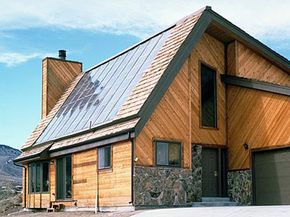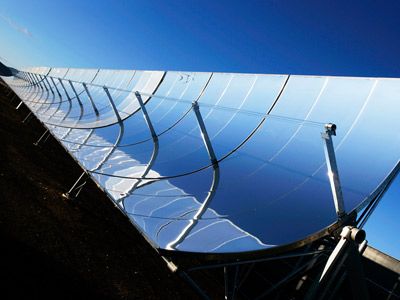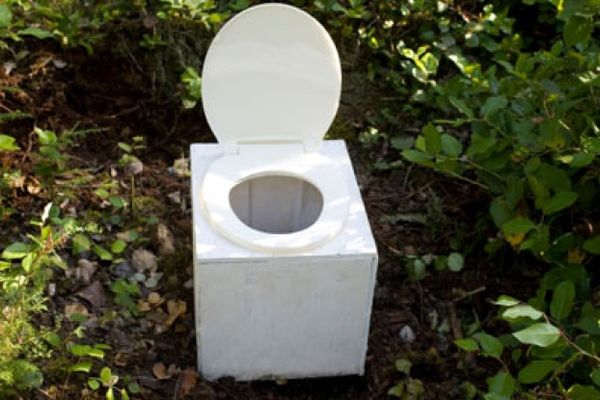Heating up water accounts for a good chunk of a home's energy use. It's a near-constant need -- we use hot water for showers, laundry, washing dishes -- and it adds up. In one year, an 80-gallon (302-liter) electric water heater averages about $500 to run, uses 4,800 kWh of electricity and contributes about 6,600 pounds (2,993 kilograms) of CO2 to the atmosphere [sources: Olsen, Reuters, SB].
A natural-gas-powered heater does better, but it still accounts for about $400 and 3,900 pounds (1,769 kilograms) of CO2 per year [sources: Energy Star, GNG, PGE].
Advertisement
There are greener options out there. Both high-efficiency and tankless water heaters can cut back on energy use. But solar is on another level. It's about as green as hot water can get. A solar water heater is typically used in conjunction with a traditional heater, since weather affects solar hot-water production. The traditional heater supplements the solar heater. Adding a solar water heater to a water-heating system can reduce energy bills and corresponding CO2 emissions by 50 percent -- sometimes even more, depending on where you live [source: PE].
Solar is an excellent clean energy source: Its fuel, sunlight, is limitless, free and emits nothing when converted into energy. The problem with solar, as most of us know, is its efficiency. Solar photovoltaic technology, or PV, is less efficient at converting its fuel into electricity than, say, a wind turbine. But when you're talking about heating water (as opposed to powering light bulbs or stereos), the sunlight doesn't need to become electricity. It needs to become heat. And turning sunlight into heat is no problem.
Which is not to say solar water heaters have no drawbacks. In this article, we'll find out how a solar water heating system works, which factors determine its efficiency, how you could make your own, and why you might or might not want to.
At its core, a solar water heater does one thing: It uses sunlight to warm water. The same thing is happening when you leave a glass of iced tea in the sun: After a while, it's not iced anymore. Of course, a home water heater has to work faster and bigger than that, so the system has to be more complicated.
But sometimes, only slightly.


